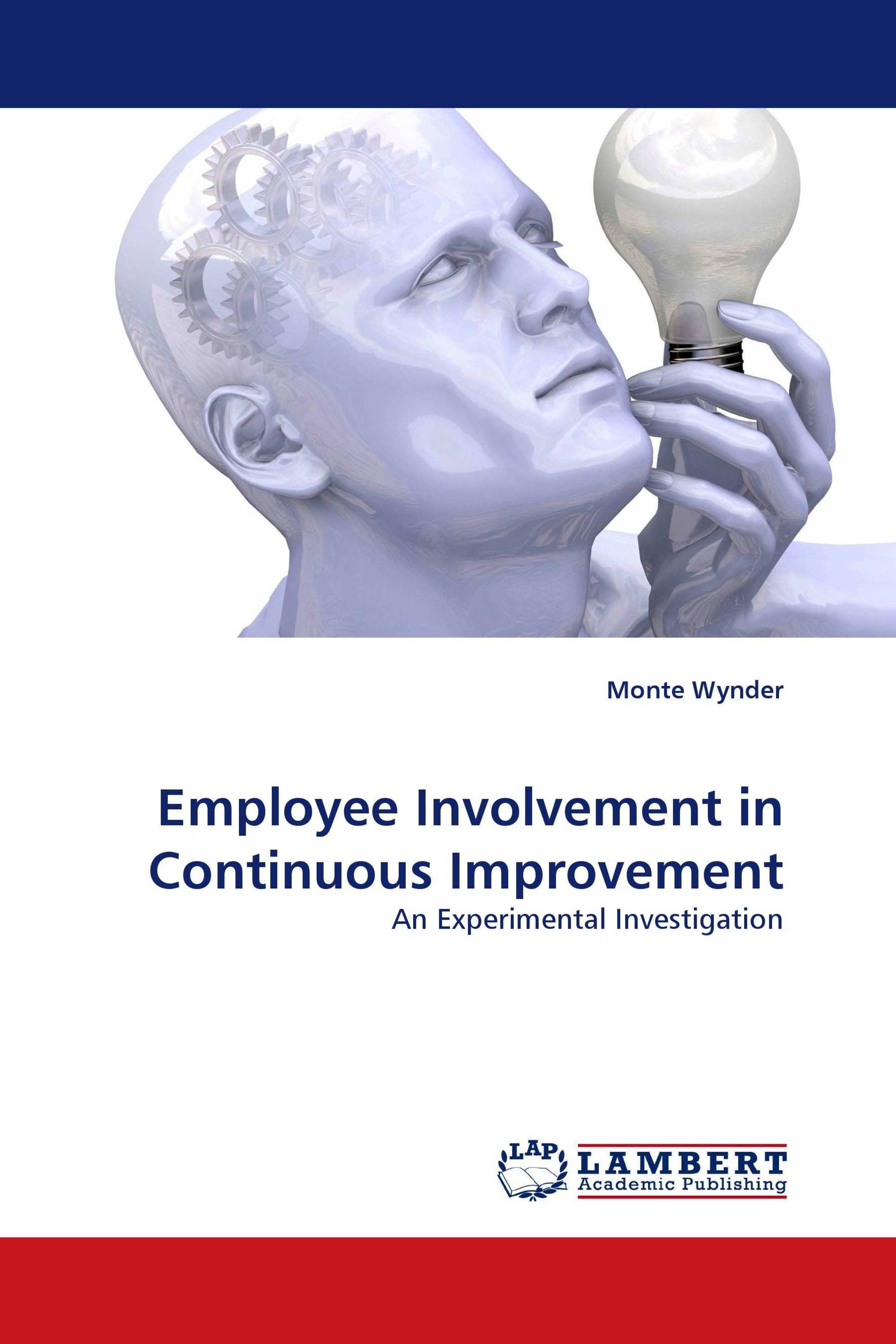Continuous improvement programs rely heavily on the involvement of employees throughout the organisation. From production workers to executives, employees exhibit creativity as they identify improvements that are both novel and effective. Employees may also be empowered to implement improvements on their own initiative. Facilitating and controlling this creative process is an important issue for management accountants. To examine the impact of control system design and rewards, two experiments were conducted and the results indicate that when relevant domain knowledge is high, results-based control is more effective in promoting creativity. On the other hand, when relevant domain knowledge is low, process-based control provides a means of directing and motivating the necessary preparation and idea generation phases of the creative process. Together, these two experiments recognise the contribution to the continuous improvement process that can be made by employees throughout the organisation, but indicate that special care should be taken so that appropriate controls can be established to leverage the level and form of knowledge that they possess.
Book Details: |
|
|
ISBN-13: |
978-3-8383-2567-5 |
|
ISBN-10: |
3838325672 |
|
EAN: |
9783838325675 |
|
Book language: |
English |
|
By (author) : |
Monte Wynder |
|
Number of pages: |
252 |
|
Published on: |
2010-09-14 |
|
Category: |
Business management |
